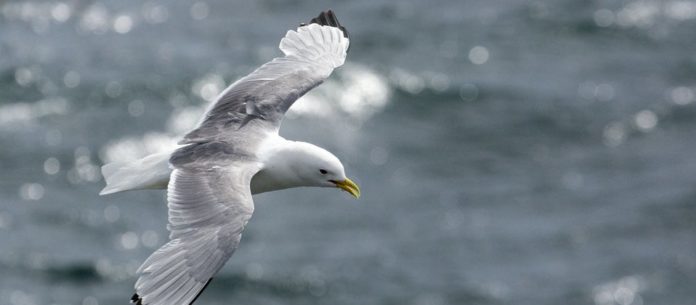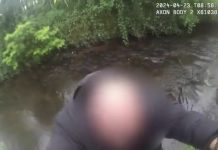The UK’s wildlife continues to decline according to the State of Nature 2019 report.
The latest findings show that since rigorous scientific monitoring began in the 1970s there has been a 13% decline in average abundance across wildlife studied and that the declines continue unabated.
Leading professionals from more than 70 wildlife organisations have joined with government agencies for the first time, to present the clearest picture to date of the status of our species across land and sea.
The State of Nature 2019 report also reveals that 41% of UK species studied have declined, 26% have increased and 33% shown little change since 1970, while 133 species assessed have already been lost from our shores since 1500.
Butterflies and moths have been particularly hard hit with numbers of butterflies down by 17% and moths down by 25%. The numbers of species, such as the High Brown Fritillary and Grayling, that require more specialised habitats have declined by more than three quarters.
The UK’s mammals also fare badly with greater than 26% of species at risk of disappearing altogether. The Wild Cat and Greater Mouse-eared Bat are among those species teetering on the edge of disappearing.
Much is known about the causes of decline and about some of the ways in which we could reduce impacts and help struggling species.
The evidence from the last 50 years shows that significant and ongoing changes in the way we manage our land for agriculture, and the ongoing effects of climate change are having the biggest impacts on nature.
Pollution is also a major issue. Whilst emissions of many pollutants have been reduced dramatically in recent decades, pollution continues to have a severe impact on the UK’s sensitive habitats and freshwaters, and new pollutant threats are continuing to emerge.
Daniel Hayhow, lead author on the report, said:
“We know more about the UK’s wildlife than any other country on the planet, and what it is telling us should make us sit up and listen. We need to respond more urgently across the board if we are to put nature back where it belongs. Governments, conservation groups and individuals must continue to work together to help restore our land and sea for wildlife and people in a way that is both ambitious and inspiring for future generations”
“In this report we have drawn on the best available data on the UK’s biodiversity, produced by partnerships between conservation NGOs, research institutes, UK and national governments, and thousands of dedicated volunteers. It’s through working together that we can help nature recover but the battle must intensify.”
Whilst the data that the report shows are alarming there is also cause for some cautious hope. The report showcases a wide range of exciting conservation initiatives, with partnerships delivering inspiring results for some of the UK’s nature. Species such as Bitterns and Large Blue Butterfly have been saved through the concerted efforts of organisations and individuals.
Reflecting growing concern about the environmental and climate emergencies, public support for conservation also continues to grow, with NGO expenditure up by 26% since 2010/11 and time donated by volunteers having increased by 40% since 2000.
However, public sector expenditure on biodiversity in the UK, as a proportion of GDP, has fallen by 42% since a peak in 2008/09.
Dr Mark Wright, Director of Science at WWF, said:
“We know that nature is in crisis and our wildlife is disappearing – we are in the midst of a nature and climate emergency right here at home. If we want a planet that still has butterflies and bats, with clean air and water that is protected for future generations, then we need a response that matches the scale of the challenge we are facing. The decisions made in the year ahead will determine the future of our world and the wildlife we share it with. Recent polls have shown the environment is a top priority for UK voters and we must work together to press the government to urgently introduce ambitious new laws to protect and restore our environment as we leave the EU. The new Environment Bill must be world-leading with bold legal targets and a strong watchdog that hold the government legally accountable for halting the loss of nature at home and overseas. It is time for leaders to unite behind the biggest issue of our generation and catalyse a movement to save our planet.”
Rosie Hails, Nature and Science Director at the National Trust said: ‘We are now at a crossroads when we need to pull together with actions rather than words to stop and reverse the decline of those species at risk as well as protecting and creating new habitats in which they can thrive.
‘We need a strong new set of environmental laws to hold our governments and others to account and to set long-term and ambitious targets. Only a robust approach to environmental protections and law making can deliver this for England, Wales and Northern Ireland.’







